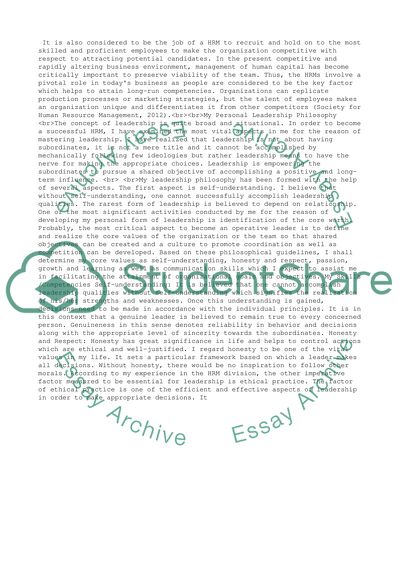Cite this document
(“Organizational Behavior Essay Example | Topics and Well Written Essays - 4750 words”, n.d.)
Retrieved from https://studentshare.org/business/1401465-organisational-behaviour
Retrieved from https://studentshare.org/business/1401465-organisational-behaviour
(Organizational Behavior Essay Example | Topics and Well Written Essays - 4750 Words)
https://studentshare.org/business/1401465-organisational-behaviour.
https://studentshare.org/business/1401465-organisational-behaviour.
“Organizational Behavior Essay Example | Topics and Well Written Essays - 4750 Words”, n.d. https://studentshare.org/business/1401465-organisational-behaviour.


